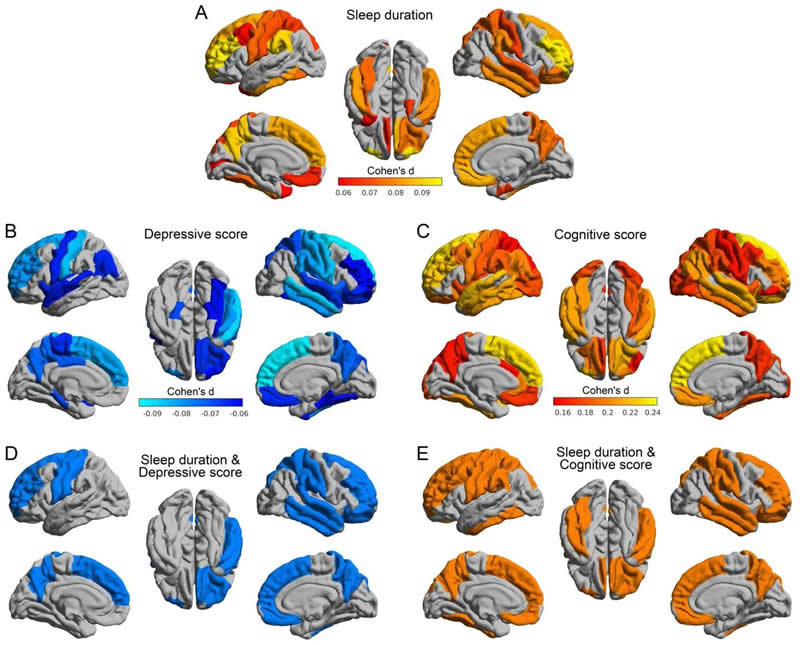How Sleep Duration Impacts Children’s Mental Health and Cognitive Development
A new study looks into the relationship between sleep duration, mental health, cognitive performance, and brain structures in children.
A new study looks into the relationship between sleep duration, mental health, cognitive performance, and brain structures in children.
Childhood is a crucial period for the development of our central nervous systems, making it imperative that during this time, children are provided with all necessary essentials. This encompasses appropriate nutrition, both physical and mental stimulation, a sense of joy, and, importantly, sufficient sleep.
Sleep is essential for proper cognitive functioning. It is well known that lower sleep duration is correlated with cognitive and mental health problems in adults. However, a large scale analysis of this correlation has lacked in children.
A new 2020 study wanted to analyze the impact of sleep duration on psychiatric and cognitive problems, and also see how it impacts different brain structures.
Researchers from the University of Warwick investigated over 11,000 children aged 9-11 from the Adolescent Brain Cognitive Development (ABCD) consortium. All the children came from the US with a wide range of geographic, ethnic, socioeconomic, and health backgrounds.
Behavioral measurements were used to obtain sleep duration, cognitive, and mental health assessments. Researchers also looked at structural MRIs to see if there were any changes in central nervous system composition in relation to sleep duration.
After statistical analyses, researchers found that the feelings of anxiety, depression, and impulsive behavior were negatively correlated with the sleep duration in participants. The same could be said with cognitive performance. Interestingly, the mental well being of parents was also negatively correlated with the amount of sleep their children were getting.
Looking at the neural imaging, researchers noticed a trend of lower brain volumes, especially in particular areas such as temporal, prefrontal, and orbitofrontal cortex, inferior and middle temporal gyrus, precuneus, and supramarginal gyrus.

Different brain areas affected by sleep. Source: University of Warwick.
After one year, a follow up with around half the initial participants showed depressive symptoms were correlated with shorter sleep duration even at that time. Since there is a complex link between sleep and mental health, we often see sleep disturbances in people with depression and anxiety. And it can be hard to break from that circle since mental health problems make it harder to maintain good sleep hygiene, and a lack of proper rest makes these conditions worse.
The biggest problem is that the majority of children don’t get enough sleep on school nights. Inappropriate screen time, the use of electronics before bedtime, inadequate school schedule, too much homework, and other activities can all impact your child’s rest. However, you should try your best to teach them the importance of sleep.
One of the coauthors, professor Edmund Rolls stated that children who slept for less than 7 hours on average expressed 53% more behavioral problems and had a 7.8% lower cognitive score than children who slept 9 to 11 hours. These numbers should highlight just how essential sleep is for both mental health and cognitive performance.
Although we need that sleep is vital, especially in the developing period, researchers admit that we need more studies to discover the underlying mechanisms for these links.
Dusan is a biologist, a science enthusiast and a huge nature lover. He loves to keep up to date with all the new research and write accurate science-based articles. When he’s not writing or reading, you can find him in the kitchen, trying out new delicious recipes; out in the wild, enjoying the nature or sleeping in his bed.